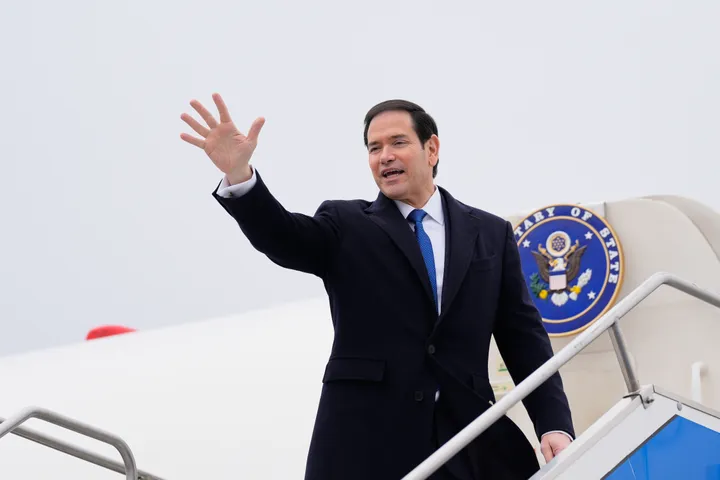Indonesia’s president Joko Widodo announced a massive plan on Monday to fix the sinking and overpopulated capital city Jakarta with a radical solution: building a new capital on the island of Borneo.
In a press conference, Widodo said that, as a result of a government study spanning three years, the new capital will be built in East Kalimantan on the island of Borneo which is known for its dense rainforests and orangutans.
But why is Indonesia moving its capital?
Jakarta is struggling with several environmental challenges. The air quality has drastically decreased over the past few months, consistently beating out infamously smoggy cities like Delhi and Beijing.
The Indonesian capital is also sinking and parts of the city are sinking at the rate of more than two inches a year, which has led to frequent flooding.
The floods are becoming more devastating as urban sprawl, mega shopping malls and mushrooming housing in the capital increases the destructive nature of catastrophic floods.
However, there is also an economic side to the story.
Jakarta, the capital of the world’s most fourth populous country with 10 million people sits on Java island. The island is currently home to 54 percent of the country’s 270 million people and it generates 58 percent of Indonesia’s gross democratic product.
“We couldn’t continue to allow the burden on Jakarta and Java island to increase in terms of population density,” Widodo said at a news conference.
“Economic disparities between Java and elsewhere would also increase.”
The government wants to separate the centre of government from the country’s business and economic centre in Jakarta in an attempt to ease economic inequalities between the different regions.
"The burden Jakarta is holding right now is too heavy as the centre of governance, business, finance, trade and services," Widodo said.
When will the move happen?
Construction is set to begin next year with the move of some 1.5 million civil servants slated to begin by 2024, at a cost of 466 trillion rupiahs ($33 billion).
The cost of the move will be divided between several different sectors where 19 percent will come directly from the government budget and the rest will be funded through private-public partnerships, direct investment from state-run companies and the private sector.
Where is the capital moving?
The island of Borneo is shared by Malaysia, Brunei and Indonesia. Kalimantan, the Indonesian part of the island, is home to major mining activities as well as rainforests and is one of the few places on Earth that are home to orangutans in their natural habitat.
Mineral-rich East Kalimantan was once almost completely covered by rainforests, but illegal logging has removed much of its original growth. It is home to only 3.5 million people and is surrounded by Kutai National Park, known for orangutans and other primates and mammals.
The proposed location - near the regional cities of Balikpapan and Samarinda, is at less risk from natural disasters than Jakarta.
Are there any downsides to the move?
Yes.
The government says it wants new capital to be “a smart city in the forest” and it has promised the environmental impact will be positive.
However, environmentalists fear the move will hasten the destruction of forests that are home to orangutans, sun bears and long-nosed monkeys, as well as increasing pollution already on the rise from coal mining and palm oil industries.
“The move will have an environmental impact,” said Greenpeace senior forest campaigner Jasmine Puteri.
“Jakarta has suffered so many failures from pollution, water crisis, and flooding. We don’t want these problems in the new capital”, Puteri said.
"So the government must make sure that the new capital is not built in conservation or protected area," she added.























